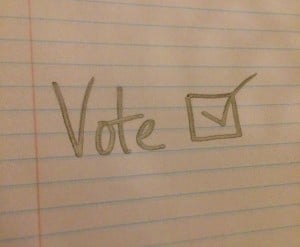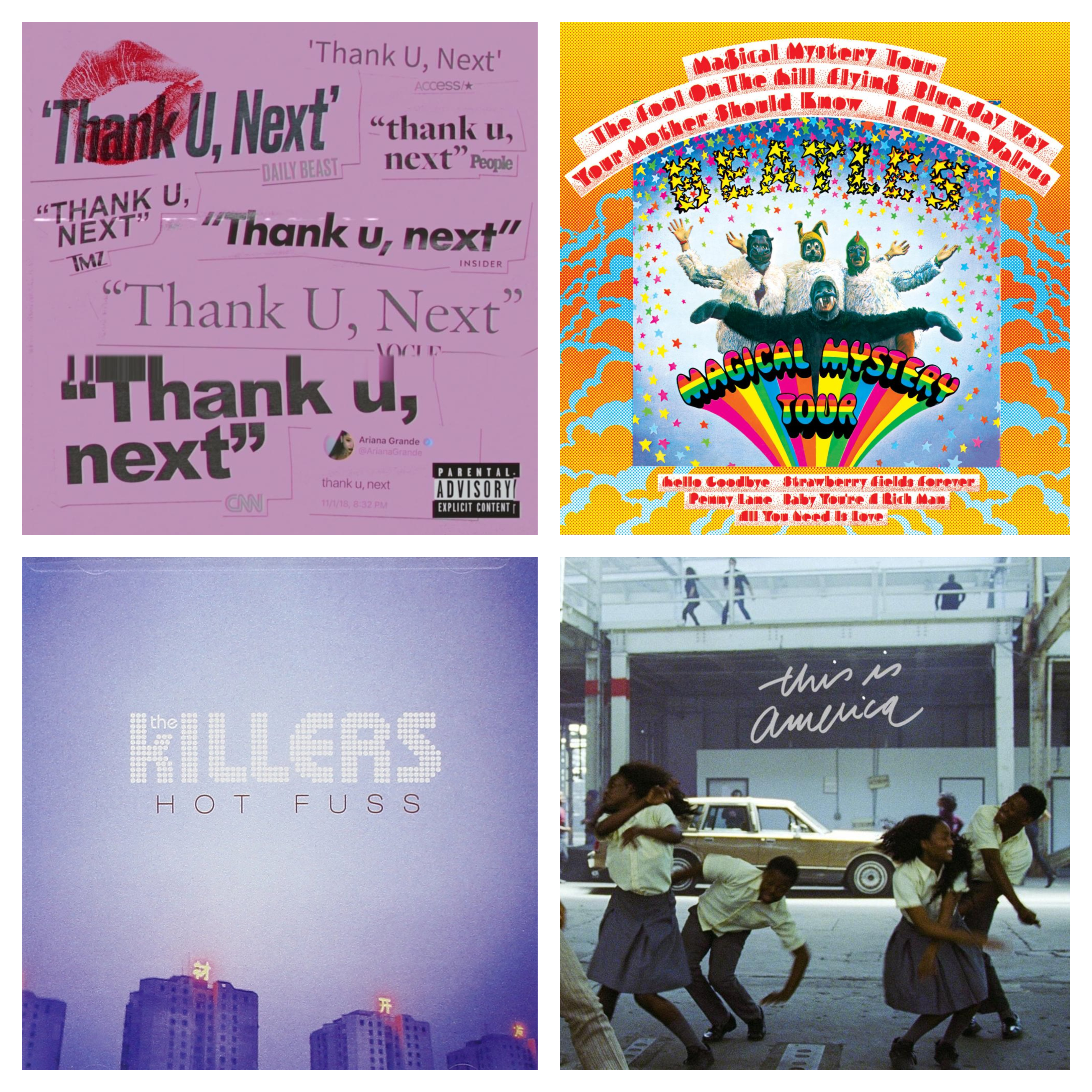 By Ellena Sweet | Campus News Editor
By Ellena Sweet | Campus News Editor
According to CNN.com, exit polls show that young adults only accounted for 13% of the electorate during last week’s midterm elections. Voters between the ages of 18-24 comprised 7% of that total, while voters between the ages of 25-29 made up the other 6%.
This year’s midterms exhibited a decrease in young voter turnout, which was at 19% during the 2012 presidential election.
When adjusted according to proportion, 13% translates to less than one in four young adults voting. This figure has endured for the last, six midterm elections, with the exception of 2002, when young adults only represented 11% of the electorate.
According to Donna Gamache-Griffiths, an adjunct professor of Political Science at Salve Regina University, the issue of low voter turnout among young adults is a two-pronged issue.
First, Gamache-Griffiths points to a failure in educating American students on the functions of American government. “Student’s are not being taught sufficiently in the earlier grades the importance of involvement in government and what our government does for us,” she said.
Because of this, Gamache-Griffiths feels that citizens cannot comprehend the importance of political activity, which she describes as the second prong of the issue. “People don’t realize, young adults and older adults as well, how much the government affects their daily lives and how they have an obligation to participate to make democracy work,” she said.
Gamache-Griffiths feels that voting can be especially meaningful for young adults. “The policies that are being made now will affect you for the rest of your lives,” she said.
She explained that, moving forward, she would like to see a number of things happen in an order to reach young voters. “I would like to see our education system changed to include a much larger and experiential component about government, I would like to see it be a required college course and I would like very much to have a legislature that works together much more, and in doing so, we would be able to use them as a better example of how we need to be involved,” said Gamache-Griffiths
When asked what she might say to anyone who feels that their vote doesn’t matter, Gamache-Griffiths responded: “I would tell women that the right for them to vote, the 19th amendment passed in 1920, passed by a margin of one vote in one place in the nation,” she said. Gamache-Griffiths also cited the election of John F. Kennedy, whose margin of winning the presidency was one vote in one precinct.
She then reminded students that denouncing political initiatives or leaders without actually participating in the political process is unreasonable. “You can’t complain unless you’ve put your ideas into action, and the simplest way to do that is to vote,” she said.
Christina Forte, a freshman in nursing, agrees with Gamache-Griffith’s point on complaining. “I don’t think it makes sense if you complain about who’s elected if you didn’t even vote,” Forte said.
When asked if she’d voted in last week’s midterm elections, Forte explained that she didn’t because she lacked information on how to acquire an absentee ballot. “I think you need an absentee ballot or something and I didn’t know how to get one,” she said.
Forte’s confusion is representative of many college students who might be unaware that they can still vote, even if they are away from their home states on Election Day. Students who are interested in obtaining an absentee ballot during future elections can find information at their state government’s website.
While the requirements for receiving an absentee ballot may vary, citizens are allowed to cast their vote from alternative locations. Ballots can be mailed directly to the voter, making the process relatively smooth.
While some say that engaging young Americans in political participation can feel like an uphill battle, others remain hopeful that change will come. As a professor, Gamache-Griffiths finds promise in students who participate in student government and, through her course, come to recognize the impact of their involvement. She hopes that these students will serve as examples to others, inspiring them to take action, as well.
In the words of Gamache-Griffiths: “All around the world people are dying and fighting and struggling for this right and we take it for granted. Don’t take anything for granted, ever.”



